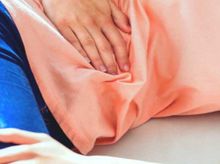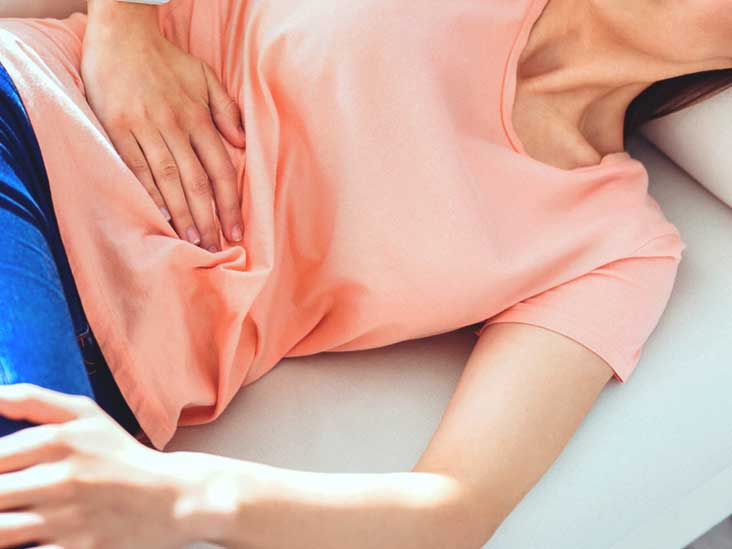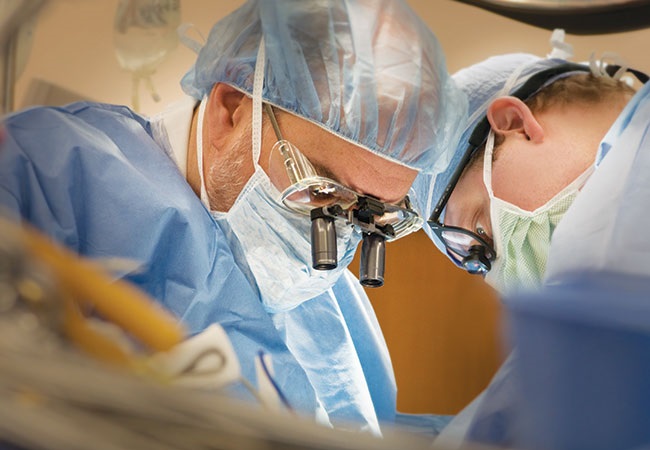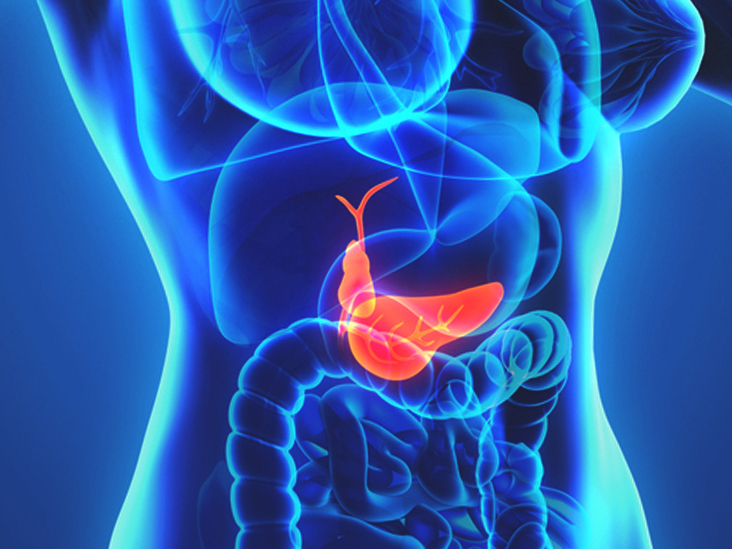Bladder Stone Removal in Phu Vang
Search and Compare the Best Clinics and Doctors at the Lowest Prices for Bladder Stone Removal in Phu Vang




































































































































No Time?
Tell us what you're looking for and we'll reach out to the top clinics all at once
What does a Bladder Stone Removal Procedure Involve?
The medical procedure referred to as bladder stone removal, scientifically known as cystolitholapaxy, is primarily conducted utilizing a slim, specialized tube known as a cystoscope. This tube is gently navigated through the urethra into the bladder. The cystoscope comes equipped with an integral camera that enables the physician to clearly view the bladder stones.
Specific medical instruments are then employed to decisively fragment the bladder stones into minute particles. These particles are subsequently flushed out from the bladder with the help of medically approved fluids.
Before the onset of the procedure, you will receive anaesthesia to ensure a pain-free experience. Post-procedure, the medical team will carefully observe you until the effects of the anaesthesia completely subside. You can expect specific instructions regarding aftercare from your healthcare provider. Furthermore, the medical team may provide antibiotics as a safety measure against potential infections and medication to alleviate any possible pain or discomfort.
How Long Should I Stay in Phu Vang for a Bladder Stone Removal Procedure?
The period you need to stay in Phu Vang for a bladder stone removal procedure may depend upon the particularities of your condition and the details of the practice chosen. The procedure itself is typically performed as an outpatient treatment, indicating that you may depart the hospital or clinic on the same day.
Post-procedure, a short recovery time in the facility is often monitored by healthcare professionals to ensure that you are recovering well from the anaesthesia and the procedure itself. However, your physician will be the best person to advise you on this. A follow-up appointment could be scheduled a few weeks after the procedure. Therefore, factoring in all these elements, you may need to consider staying in Phu Vang for a few days to a week to accommodate any necessary follow-up care or in case of any unexpected developments.
What's the Recovery Time for Bladder Stone Removal Procedures in Phu Vang?
The recovery phase after a bladder stone removal procedure in Phu Vang differs among individuals, accounting for factors such as personal health background, the specifics of an individual's process, and their age. Ordinarily, most individuals, post this procedure, regain their regular routine within a span of one to two weeks.
Ensuing the procedure, it's not uncommon for you to experience brief discomfort while urinating or to notice blood in your urine - these are temporary and expected post-operative symptoms. Your physician will devise a pain management plan as part of your entire recovery roadmap. For enhancing your healing process, it would be beneficial to prioritize hydration and to imbibe healthier routine changes like committing to a nutrient-rich diet. Adherence to these guidelines alongside your healthcare provider's post-operative instructions will pave the way for an effective and comfortable recovery.
What's the Success Rate of Bladder Stone Removal Procedures in Phu Vang?
The efficacy of bladder stone removal operations, especially cystoscopic removal, in Phu Vang is broadly recognised as high, mainly due to the strides made in the medical field. The precise success percentages might fluctuate, heavily dependent on the amount and size of the bladder stones and the distinctive health conditions of the individual receiving treatment. For a detailed and personalised understanding of the success rates, interacting with your healthcare provider would be most beneficial.
While considering the efficacy of the procedure, it is equally imperative to account for potential reactions and risks. The risk of urinary tract infection is relatively common and affects nearly 1 in 100 individuals following the procedure. Other possible complications could involve bleeding, infection, bladder injury, internal tissue damage and even untoward reactions to the anaesthesia used.
Despite these possible risks, long-term success can still be achieved by ensuring comprehensive post-procedure care and making necessary lifestyle adjustments. This would involve staying adequately hydrated, scheduling regular healthcare follow-ups, and making dietary changes if recommended. Implementing these measures can heighten the success rate of the initial procedure as well as play a crucial role in preventing the future formation of bladder stones.
Are there Alternatives to Bladder Stone Removal Procedures in Phu Vang?
Indeed, there are other ways besides surgery to manage bladder stones in Phu Vang. These alternatives, however, largely rest on the size of your bladder stones and your overall health picture. If the stones are small-sized, it might be feasible to adopt a more non-invasive approach such as:
- Adopting higher hydration levels: This can assist in naturally flushing the stone out through your urine.
- Undertaking prescribed medication: Specific drugs can assist in dissolving bladder stones, enabling them to be ejected via urine.
However, always keep in mind that these methods may not be the best fit for everyone. They can alleviate the symptoms but they might not tackle the underlying cause which led to the bladder stones forming in the first place. In instances where these non-invasive strategies do not provide the needed results, surgical bladder stone removal might be deemed necessary.
Therefore, it's always recommended to maintain open communication with your healthcare provider regarding all possible treatment paths, including the non-surgical ones. This will ensure that you embark on a treatment best suited to your specific health conditions.
What sort of Aftercare is Required for Bladder Stone Removal Procedures in Phu Vang?
Comprehensive aftercare forms a crucial segment of the recovery trajectory after a bladder stone removal procedure in Phu Vang. Your healthcare provider will provide you with tailored aftercare plans, bearing in mind your unique health needs. This aftercare plan could incorporate prescription drugs for pain management and for keeping urinary tract infections at bay. Additionally, consuming ample fluids is strongly advised as it aids in expelling any residual stone fragments.
Changes in your everyday routine could also play a pivotal role in your aftercare regime. This largely aims to curb the chances of bladder stone recurrence and could encompass modifications in your diet such as limits on salt and protein consumption, and augmenting intake of fibre-rich foods. Scheduled follow-up visits will serve as checkpoints to evaluate your recovery process, check for any potential complications, and ensure complete expulsion of bladder stones. Adequate aftercare plays a key role in accelerating the recovery and staving off future urological complications.
This information has been accurately sourced and verified by a medical professional for its accuracy, however, we strongly recommend you to consult with your doctor before pursuing medical procedures overseas.







